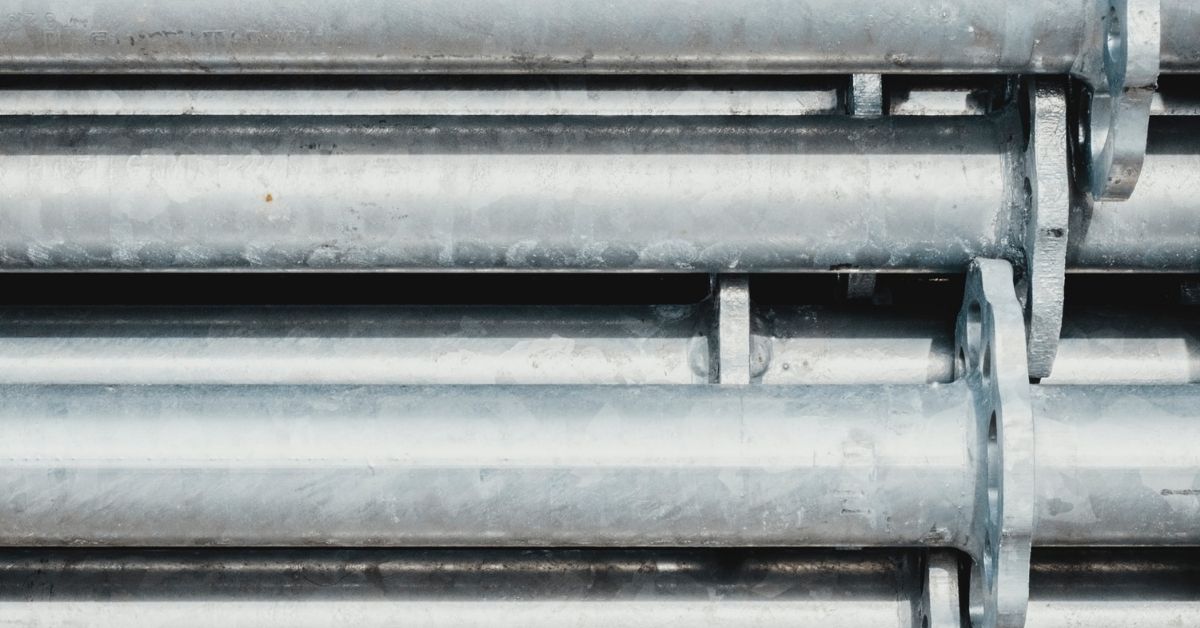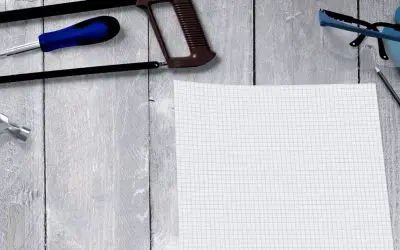Share

PVC cement is the most common type of glue used in pool plumbing. It’s a versatile product that can be used to bond PVC pipes, fittings, and pieces of vinyl liners together. However, it comes in many types with different properties for various applications. This article will show you how to identify the right type of PVC cement for your pool installation needs!
What Type Of PVC Cement For Pool Plumbing Is The Best?
There are many types of PVC cement for pool plumbing. Some are better than others, so it’s important to know what type to use. Here are some of the things you should consider when trying to determine what type of PVC cement for pool plumbing is best:
The Size Of The Pipe
The outside diameter of the pipe categorizes PVC pipes. The most common sizes are referred to as just “PVC” or schedule 40 PVC, which is a standard size that works for most pool plumbing projects.
The Temperature Of The Area Where You’ll Be Plumbing
If you’re in an area where it’s very hot all year round, then you’ll want a special type of PVC cement for pool plumbing that can withstand high temperatures. This is called heat-rated PVC, and it’s available in schedule 80.
The Length Of The Joints
If you’re using larger diameter pipe lengths, then you’ll need to use strong PVC cement for pool plumbing joints such as the solvent welded system.
The Type Of Joints Being Used
You’ll need to use a different type of PVC cement for pool plumbing when you’re using threaded joints or slip joints, for example. If your project requires that the pipe has to be glued together in certain areas and not fully attached with solvent welding, then you’ll need to use a different type of PVC cement for pool plumbing.
The Type Of Connection You Want To Make
Do you want your joints in the piping system to be tight and completely leak-proof, or would an average seal work? The choice in solvent welded PVC is based upon this consideration. If it’s important for you to have a completely tight connection, then solvent welded PVC is the best choice.
Advantages and Disadvantages of PVC Cement For Pool Plumbing
PVC cement can have its advantages and disadvantages. The main advantage is that it can be used to bond different types of pvc products together, which means you’ll only need one type for your plumbing system instead of having multiple different types on hand.
The disadvantage is that PVC cement will dry out if exposed to direct sunlight or heat, and the joint will become brittle over time and potentially crack. This means it’s important to keep the cap on and store your pvc cement in a dark, cool place when you’re not using it.
Tips For Applying PVC Cement To Pool Plumbing
Fittings It is very important that you follow these tips for applying PVC cement to pool plumbing fittings:
• The fitting should be clean and free of any dust, oil, or dirt.
• Tighten the nut on the PVC plumbing fittings as much as you can by hand to prevent it from spinning when applying solvent cement.
• Use a wrench to tighten the fitting once more after applying primer/cleaner (if using). This will ensure a tight seal.
• Always use PVC primer/cleaner on the fitting and pipe before applying solvent cement.
Joints to correctly apply PVC Cement to pool plumbing joints:
• Apply a generous amount of PVC primer, then wipe off any excess with a clean paper towel or rag just before you connect the pieces that are being joined together.
• Apply solvent cement to both sides of the joint and secure the pieces quickly. Connect them securely but do not use excessive force, or you could crack your new PVC piping system.
• Allow it to dry for at least 30 seconds before releasing the pressure on the connection, then wipe any excess off with a clean rag or paper towel.
• Allow the solvent cement to dry for at least four hours before putting your PVC piping system into use.
With this information in mind, you can select the best PVC cement for pool plumbing. You can find it at any hardware stores or home improvement centers near your area. You can also check our post about removing broken threaded PVC pipe and cutting copper pipe with a Dremel.



0 Comments